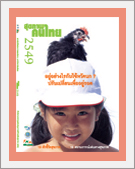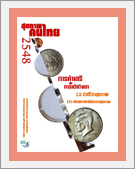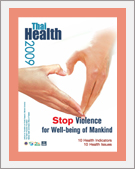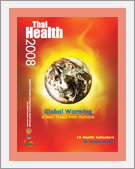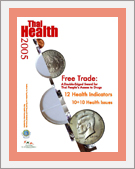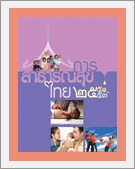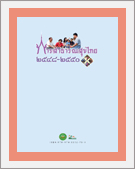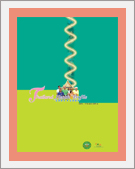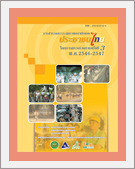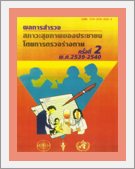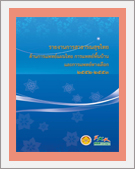

"Self-management Communities:" Foundation of National Reform
11 Obesity Indicators
10 Health Issues
4 Outstanding Achievements
With this volume, Thai Health has entered its second decade of existence. Over the last ten years, we have solicited readers’ opinions on how to improve Thai Health further. Most readers would like the content and format kept as it is, with only some minor changes. Those suggestions, including explanations for tables and graphs and the use of simple language have been incorporated into successive volumes of Thai Health.
This volume’s special feature entitled “Self-managing communities: Foundation of national reform” presents the stories of local communities whose strength allowed them to successfully achieve
their goals and overcome problems. Although differing in methods, these communities share certain characteristics such as broad participation and strong leadership. These strong communities, that can solve their own problems, make for a very strong foundation for sustainable national reform.
This year’s 10 outstanding health situations include some of the most debated government policies such as the rice-pledging scheme, the 2-trillion-baht loan and the 350-billion-baht water management mega-project as well as controversial social and environmental issues such as disgraced monks and the ICJ verdict on PreahVihear dispute. Four success stories are also presented: Thailand’s victories
in international sports; World Soil Day; Siriraj Hospital winning international prize for thalassemia researches; and DrKraisid winning international nutritionist award.
| Prepared by | Institute for Population and Social Research , Mahidol University | |||
| Supported by | Thai Health Promotion Foundation
The National Health Commission office |






